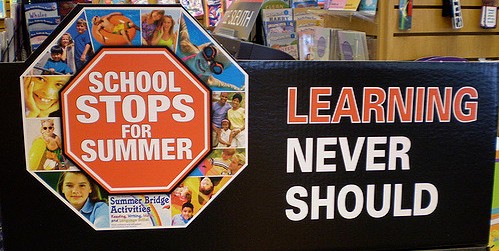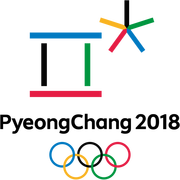|
Spring has officially arrived, and summer is just around the corner! It goes without saying that from now until the last day of school, students’ thoughts will be consumed with visions of sleeping in, staying up late, swimming, no nightly homework, and just hanging out with friends. There is one thing that is definitely not on their minds...SCHOOL. However, working with a tutor during the summer can and should be a part of every student’s summertime fun. Here are six ways a student can benefit from tutoring during their summer vacation:
3 Comments
If they haven’t already, it won’t be long before students start counting down to one of the most coveted times of the school year…SPRING BREAK! As a former full-time teacher, I remember how excited students (and teachers) were in knowing that Spring Break was just around the corner. It was going to be a great time to kick back, stay up until the wee hours, sleep in late, travel, relax, and basically change up the weekly grind of the normal school routine. One thing is for sure, no matter how much or little happened during the vacation, it always flew by in the blink of an eye. Here are three ideas to help make the transition as smooth as possible, and hopefully take the sting out of heading back to school:
For 16 days, millions of eyes will be glued to televisions watching competitors from around the world compete in the 2018 Winter Olympics in PyeongChang, South Korea. While witnessing these athletes compete, this can be a wonderful and fun cross-curricular learning opportunity for students of all ages. Below are a few examples of knowledge that can be gained and skills to be reinforced while viewing these events. Be creative and have fun with it!
MATH
SOCIAL STUDIES
The link below will take you to a great article from the January 26, 2010 edition of the New York Times. As with any type of change in the logistics of a school day, there are always issues that need to be addressed in order for the change to be effective.
During my 20 plus years of teaching elementary/middle school, this thought never came to mind. However, I did implement a 15 minute "cool down" period when my students returned from the lunch/playground time (lunch first then playground). It worked wonders for me with respect to them being more calm and allowing for an easier transition into focusing on academics for the afternoon. Parents may find this useful to implement when their child/children get home from school...a little play time before beginning homework or a class project. Enjoy the article, please share your thoughts! http://www.nytimes.com/2010/01/26/health/26well.html?_r=1& |
AuthorRandy Sally Archives
June 2023
Categories
All
|





 RSS Feed
RSS Feed
